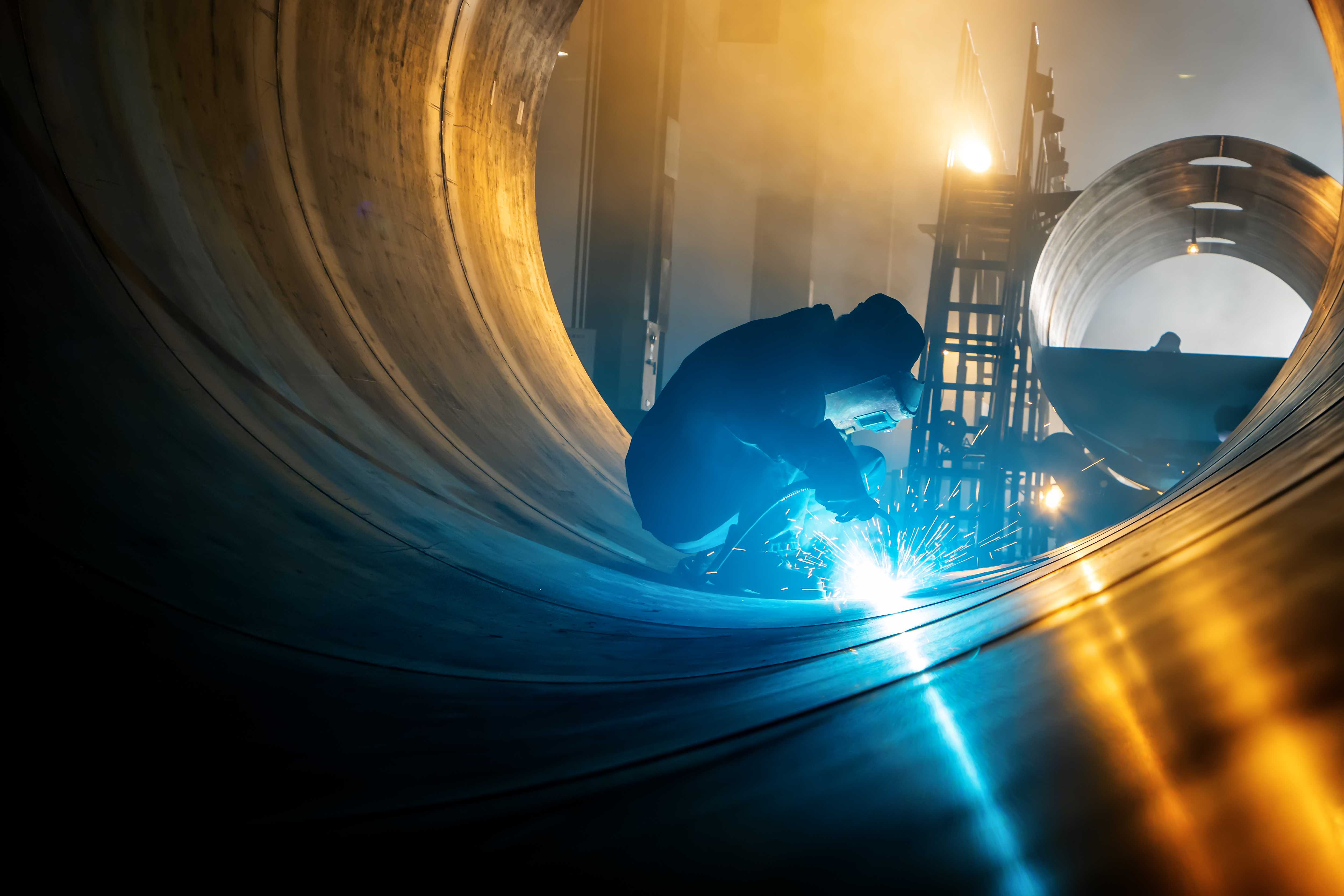Applications of galvalume steel in the automotive industry

What is galvalume steel?
Galvalume steel refers to a type of steel that was developed in the late 20th century. It is a coated steel product with a sheath of powerful aluminum-zinc-silicon alloy, with a high percentage of aluminum. The name derives from the two primary alloys that are used to create this material: aluminum and zinc. It nominally contains 55% aluminum, 43.5% zinc, and 1.5% silicon by weight to affect excellent adhesion to the steel substrate.
Galvalume steel is often used to make roofing materials. It has better corrosion resistance than other types of zinc-aluminum alloys, and it can be applied with either hot or cold rolling which makes it ideal for applications requiring superior corrosion resistance such as saltwater, marine environments, and high-temperature environments. It is also a popular choice for metal roofing in residential, agricultural, and commercial real estate.

According to market reports, Galvalume steel is rapidly growing in popularity, and Al-Zn-Si is considered the world’s fastest-growing metallic coating. The chief reason is the combination of steel’s strength, malleability, and recyclability, with the scientifically proven anti-corrosion performance of the AI-ZN-SI alloy coating. The result is a cost-effective product that scores high on eco-friendly indices such as recyclability, energy efficiency, and durability. Let’s take a closer look at the many applications of galvalume steel.
Galvalume steel: A revolution in the auto and construction industries?
Galvalume steel is used for a lot of applications in the auto and construction industry. Let's look at some of the most common applications of galvalume steel:-

1. Automotive applications – The more expensive aluminum used in trailers, vans, and mobile houses are being replaced by galvalume steel sheets. Galvalume’s unique properties make it suitable for various automotive applications such as vehicle bodies, automotive under-body parts, car wash components, oil filter tubes, license plate brackets, bus steps, hose clamps, and buses (seat backs, panels, floors), etc.
2. Roofing applications - Contemporary buildings are often built with roofs of varying shapes and pitches. They include steep and moderately steep roofs which require special structures. Galvalume steel is suitable in the majority of cases. Its advantages include –
Versatility - Potential to construct roofs easily of almost any shape
Temperature resistance - Tolerance to temperature changes, and good at low ambient temperatures
Manufacturability – Potential to form into sheets across a wide range of thicknesses
Other material properties - High strength, high resistance to corrosion and oxidation, corrosion-resistant surface coating, good acoustic rating.
3. Walls and siding applications – Known for its ease in assembling and dismantling, it is widely used in farm, residential, pre-engineered, and storage buildings to act as the vertical component. Galvalume steel also provides a good acoustic rating and thermal insulation.
4. Heating & ventilation applications – Pre-painted galvalume coils are used for heating and ventilation applications. Galvalume can withstand temperatures up to 315 degrees Celsius and finds application in air conditioning equipment & HVAC ducts, solar heating panels, heat exchangers, and other industrial HVAC equipment.
5. Agricultural applications – Galvalume’s longevity makes it adaptable for a variety of agricultural applications ranging from silos (for grain storage), bins (grain, fruit, vegetables, feed storage), curing & drying facilities, and greenhouse frames, to rainwater collection tanks.
6. General use in manufacturing repairs – One of the major applications of galvalume steel sheets includes the replacement of conventional galvanized and aluminum-coated sheets in automotive repairs, due to their high interchangeability.
Galvalume vs galvanized steel in cars and automotive parts – Which is the right choice for you?
If you’re an MSME or manufacturing firm supplying the automotive industry, chances are you’ve asked yourself which to choose for part manufacturing: galvalume, or galvanized steel? Let’s weigh up the pros and cons of both products -
Strength-to-weight ratio – Because galvalume steel is enhanced with a coating of lightweight aluminum and zinc, it has a lower weight per volume than galvanized steel, but with comparable tensile strength.
Surface durability and finish – Due to the coating techniques utilized, galvanized steel has a thinner coating than galvalume. Compared to galvalume, GS is slightly more prone to chipping and flaking when exposed to high temperatures or other harsh conditions, meaning that galvanized steel is more vulnerable to corrosion in areas where it's not protected by paint.
Cost-effectiveness – Galvalume is economical to produce and process since it uses less material during the coating process. It is also less expensive to use an alloy of aluminum, zinc, and magnesium than zinc alone in the electro-coating process. Unlike GS, galvalume steel production doesn't require the construction of galvanization facilities on-site, further lowering the costs of production.
Appearance – While the differences between the two coatings are subtle, the galvalume offers a smoother matte appearance, while the galvanized coating is rougher and shinier.
So, while the points of difference between galvalume and galvanized steel are not significant, choosing one over the other is often a matter of preference, budget, and supply availability.
With JSW One’s convenient online steel marketplace, make supply bottlenecks a thing of the past. Check out our portfolio to choose from JSW Silveron+ Galvalume steel coils (YS550 grade) or IS 277:2018 GP galvanized sheets and coils for all your automotive needs!
Buy online
Mild SteelStainless SteelStructural SteelTMTCementJSW One MSME
About usBlogsSitemapJSW One TMTPolicy
Terms & conditionsPrivacy policyReturn policy



 +91 7208055523
+91 7208055523
 Help & support
Help & support